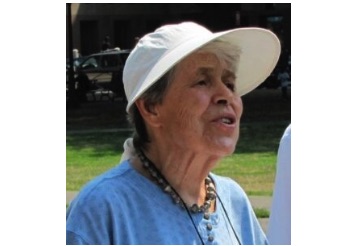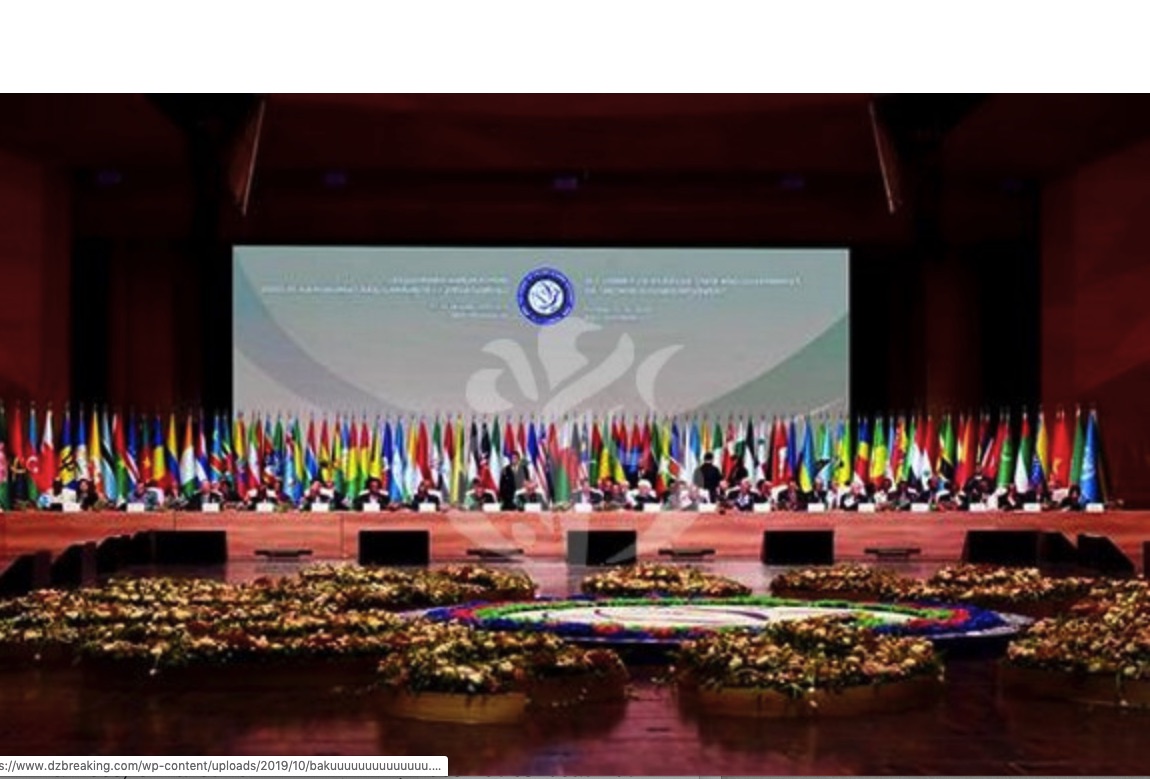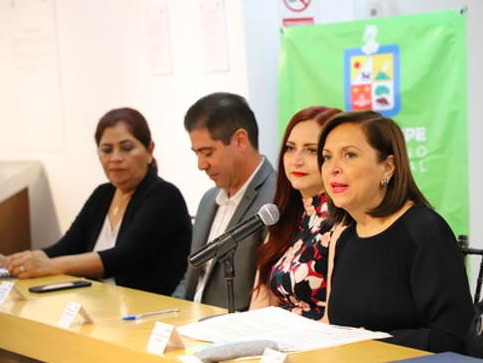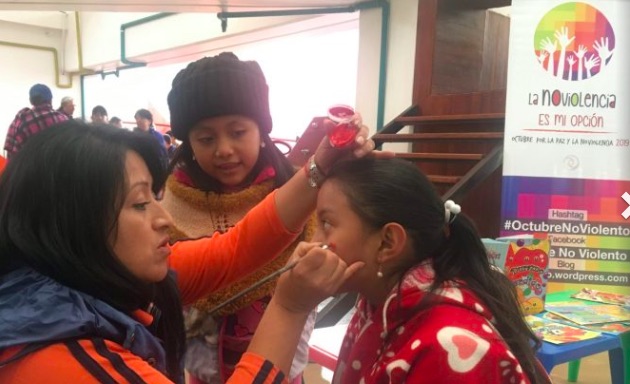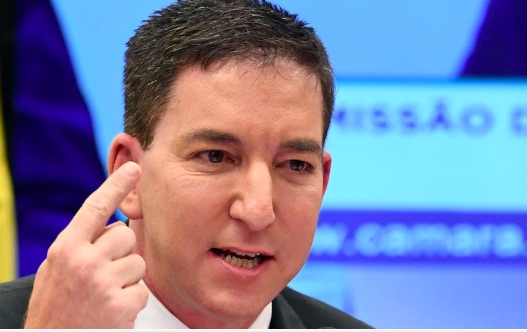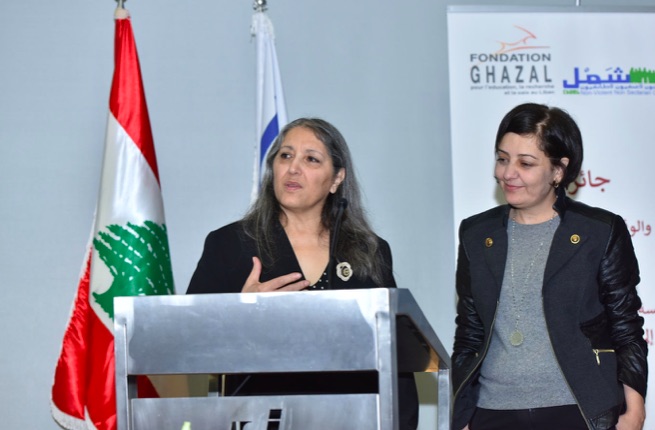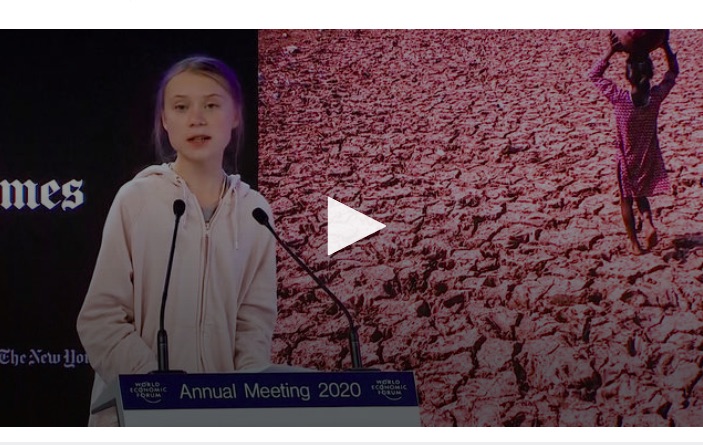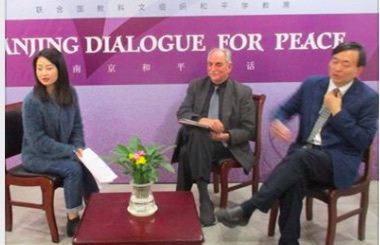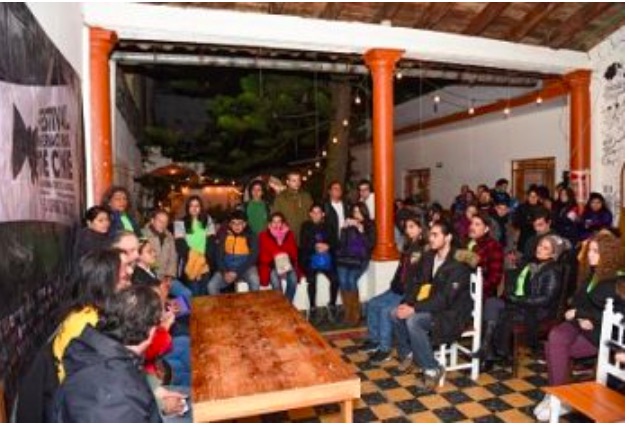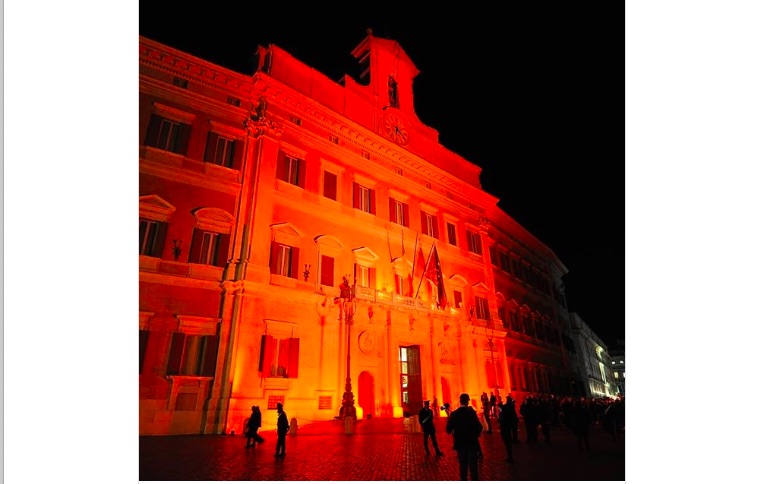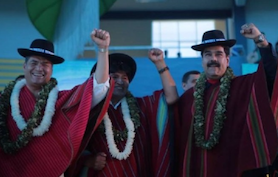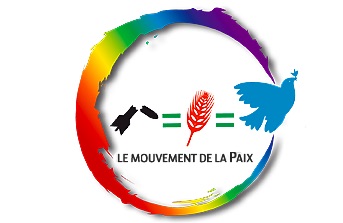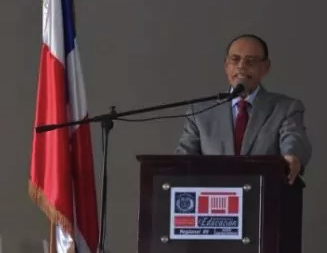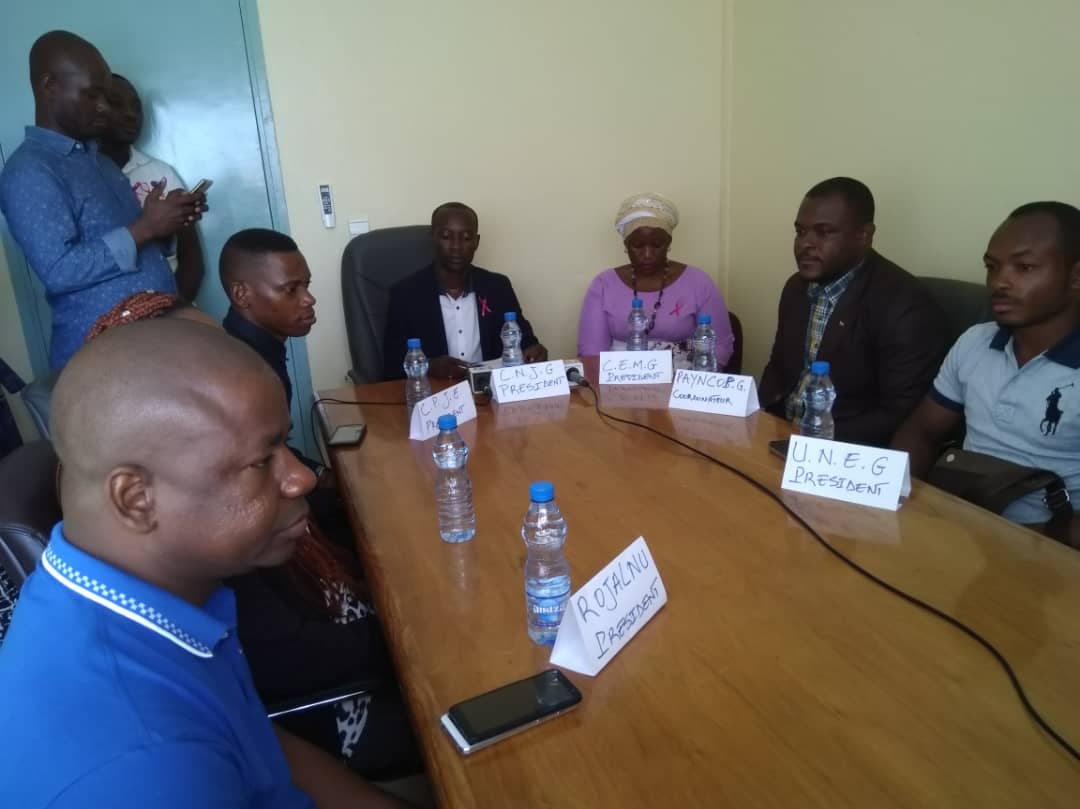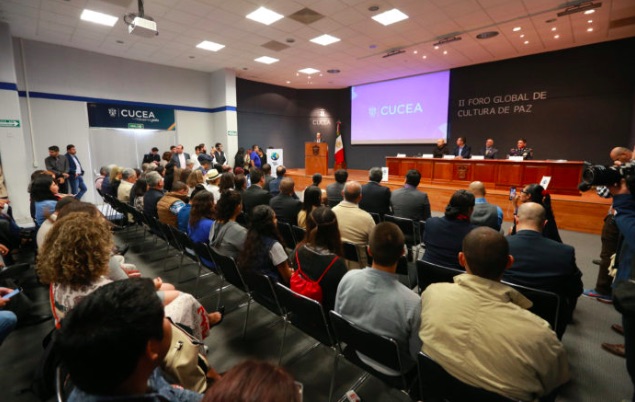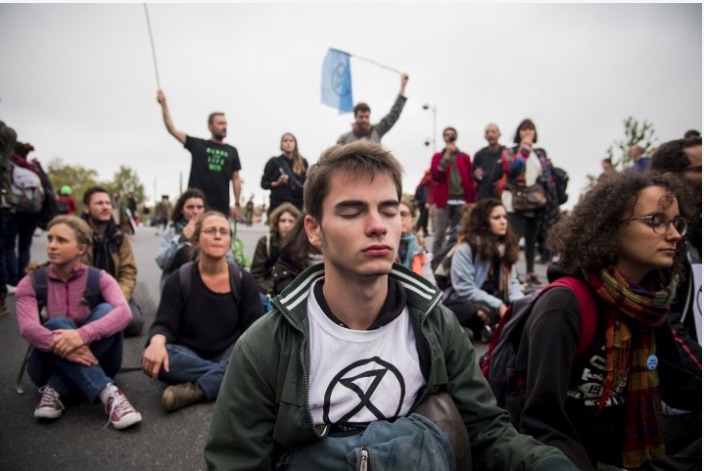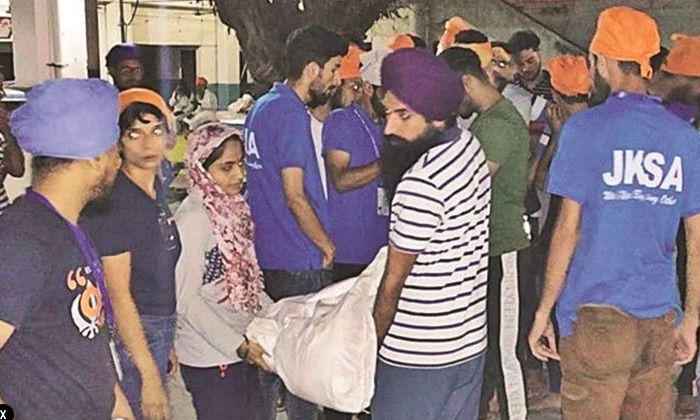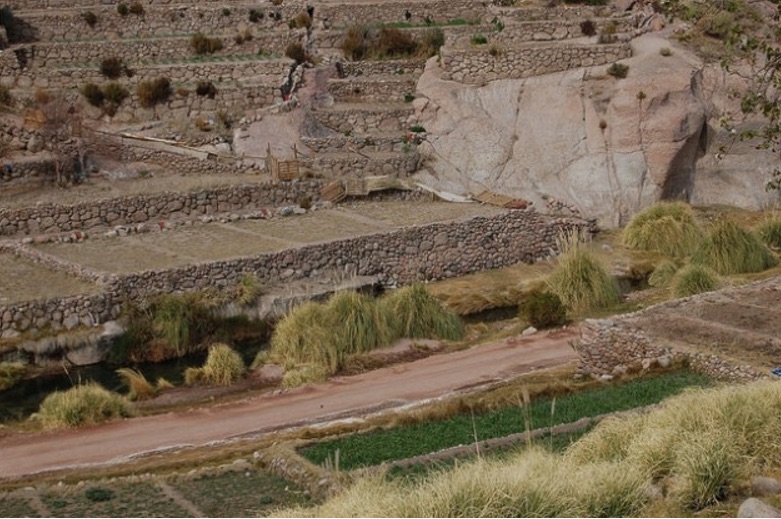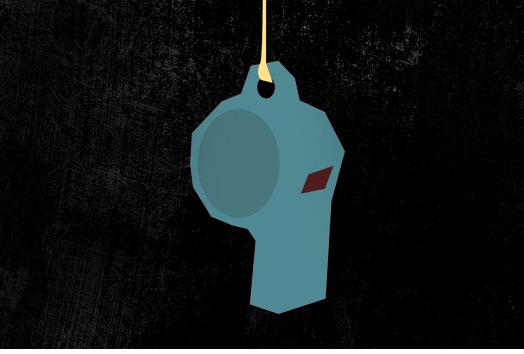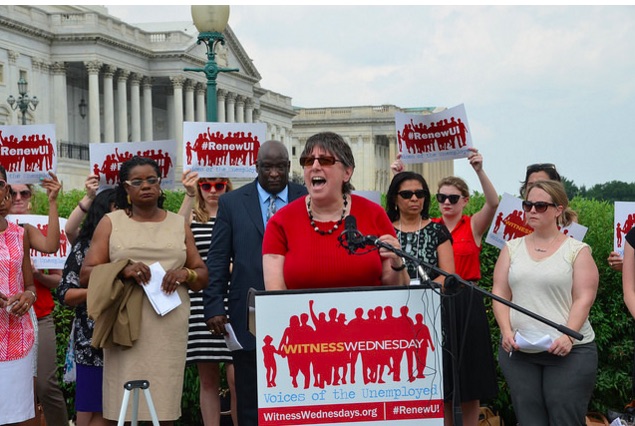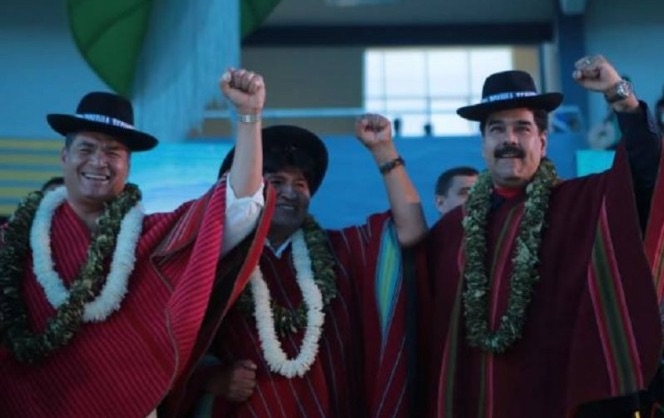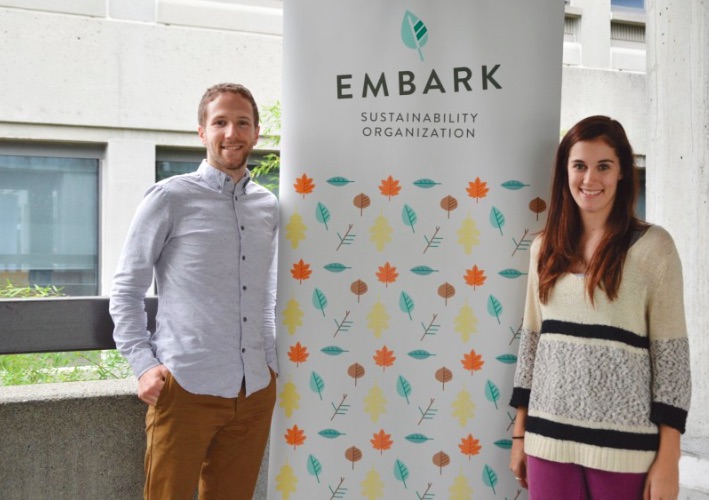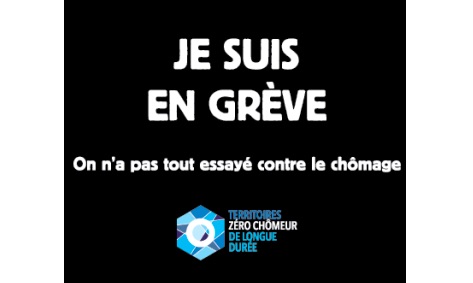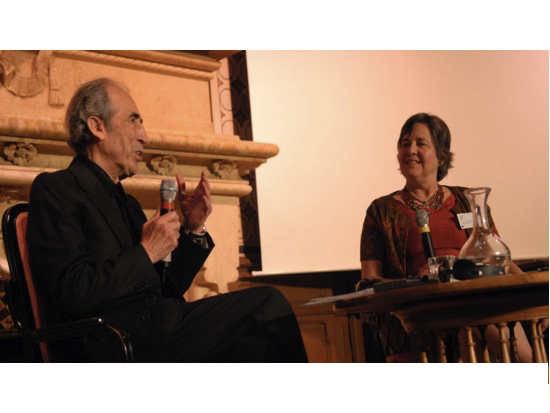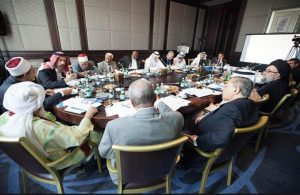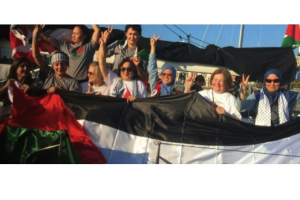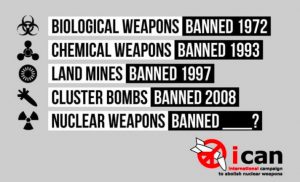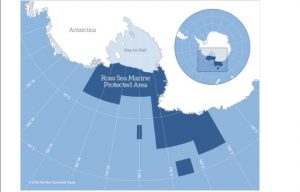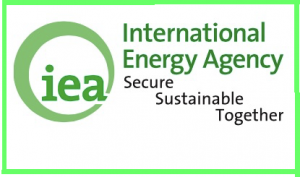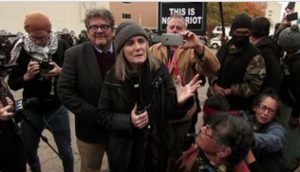. HUMAN RIGHTS .
An article from Amnesty International
The Bangladesh government has announced it will offer schooling and skills training opportunities to Rohingya refugee children, two and a half years after they were forced to flee crimes against humanity in Myanmar.

Amnesty International and other human rights organizations have been campaigning for the nearly half a million Rohingya children in Bangladesh’s refugee camps to be allowed to enjoy their right to quality education, warning of the costs of a ‘lost generation’.
“This is an important and very positive commitment by the Bangladeshi government, allowing children to access schooling and chase their dreams for the future. They have lost two academic years already and cannot afford to lose any more time outside a classroom,” said Saad Hammadi, South Asia Campaigner at Amnesty International.
“It is important that access to appropriate, accredited and quality education be extended to all children in the Cox’s Bazar area, including Rohingya refugees and the host community. The international community has a key role to play here in ensuring the Bangladesh government has the resources it needs to realize this goal.”
Up to now, the Bangladesh government had resisted calls to grant Rohingya refugee children access to education, limiting learning opportunities to a few provisional learning centres that offer playtime and early primary school lessons scattered across the refugee camps in the Cox’s Bazar district. A few children who managed to gain access to local secondary schools were expelled on the government’s instructions.
Amid fears of either being forcibly returned to Myanmar or relocated offshore to the uninhabited silt isle of Bashan Char, these children have faced an uncertain future. Many were on the verge of completing their schooling when the Myanmar military attacked their villages, forcing them to flee to Bangladesh and throwing their lives into limbo.
Bangladesh’s Foreign Secretary, Masud bin Momen, told journalists today: “The government has felt the need to keep Rohingya childrens’ hope for the future alive with extending education and skills training to them.”
(article continued in right column)
Question related to this article:
Rights of the child, How can they be promoted and protected?
(article continued from left column)
Under the government’s plans, Rohingya refugee children will get school education up to the age of 14, through the provision of the Myanmar curriculum, and children older than 14 will get skills training. The schools will need adequately trained teachers who can use the Myanmar curriculum and teach in Burmese.
A pilot project led by UNICEF and the Bangladesh government will start off with the involvement of 10,000 children. The scheme will then be extended to other children, including those from the host community, who will be taught separately according to Bangladesh’s national curriculum.
The Convention on the Rights of the Child, a binding treaty which Bangladesh has ratified, makes clear that education can and should ensure the development of the child’s personality, talents, mental and physical abilities to their fullest potential while enhancing respect for human rights and preparing them for a responsible life in a free society.
“The benefits of educating children cannot be underestimated, with the positive effects rippling through their communities and broader society. They can speak up for themselves, claim their rights, and lift themselves and others out of a difficult situation. But the costs of denying children education can be severe, including leaving them vulnerable to poverty and exploitation. We welcome this significant breakthrough and look forward to the government delivering on its commitments,” said Saad Hammadi.
Amnesty International’s campaign for the right to education
On World Refugee Day last year, Amnesty International held an ‘art camp’ for children in the refugee camps of Cox’s Bazar. Working with a group of Bangladeshi artists, they spent two days drawing sketches depicting their aspirations for the future – some of whom wanted to become teachers, doctors, pilots and nurses. In collaboration with UNICEF, the works of art were exhibited in Dhaka and later made their way to Washington DC, London and other major world cities.
In August 2019, Amnesty International published a briefing, “I don’t know what my future will be”: Rohingya refugees in Bangladesh, detailing conditions in the camps, particularly for children who had not seen the inside of a class room since arriving in the camps in 2017.
Amnesty International also launched a global petition, calling on Prime Minister Sheikh Hasina to ensure children in the refugee camps and the host community are provided quality education.
Two of Bangladesh’s best-known YouTube stars developed a hip-hop music video in collaboration with Amnesty International, echoing the petition’s call.

